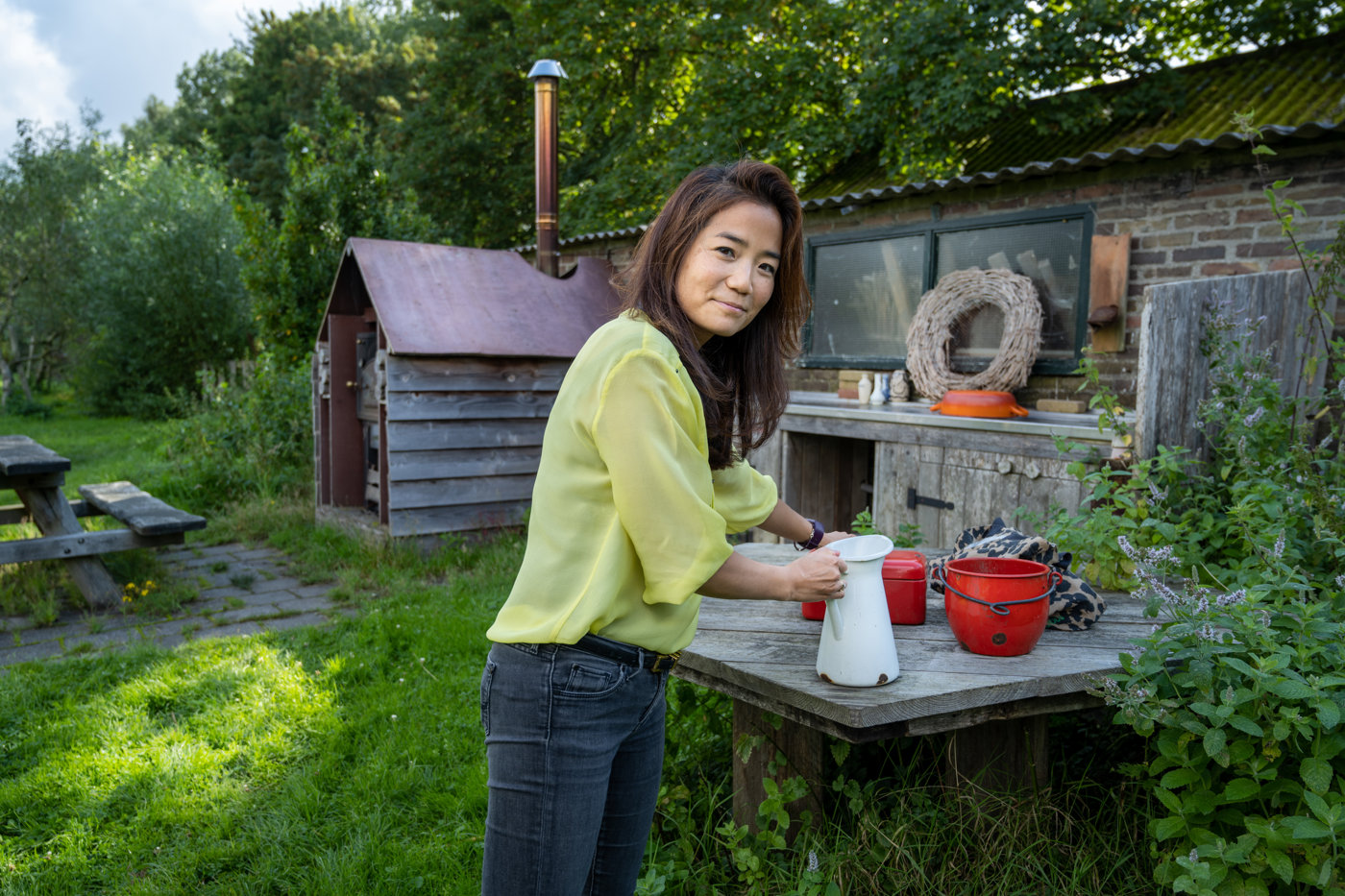How do you deal with work and money for now and for the future? Do you live one day at a time, or are you consciously planning your financial future? And are you making arrangements for the future yourself, or are you part of a pension fund? Ilse quit her well-paying job: ”I want to contribute to a better world in a different, sustainable way.”
Ilse Ligthart (40)
Profession: was lead business developer, is now “in between jobs”.
Works how many hours a week: currently not working.
Income: previously 4700 euros net (36 hours), currently none.
Savings: 50,000 euros, plus 60,000 euros invested, with her husband.
Pension set up? Accrued pension for fifteen years through job, but currently not accruing any.
What kind of work do you do?
“I’m currently figuring out how best to spend my paid time. I’m really doing a kind of sabbatical right now. I worked at Bol.com until April of this year. I was part of the management team of a department that was responsible for developing new propositions and earning models. I earned a ton and a half a year there, including a bonus, but after about five years, I started to feel uncomfortable. I felt like there was something missing in my world. We never did great things to make the company grow and to make shareholders and consumers happy. It was mostly all about selling new things as much as possible. But I personally no longer believe that all those things make anyone happy. I want to contribute to a better way in a different, sustainable way. That’s why I quit my job.”
That’s a big step. I imagine you spent some time thinking about it before taking it.
“Yes, I thought about it for a long time and had extensive discussions with my husband about it. I was the breadwinner at home – my husband doesn’t work – so that cancelled the entire family income. I thought I should have another job before I could quit working at Bol.com, but my husband convinced me that we had a good buffer for emergencies. He said, ‘Maybe the real emergency is that you are no longer happy doing the work you are doing.’ That gave me the courage to take the plunge.”
How big was that buffer?
“About 60,000 euros.”
Do you regret your decision?
“No, not for one minute. And I’m really happy I didn’t wait any longer. That financial security gives us peace of mind. We are using our savings, but I’m not worried at all. In the beginning I was still thinking in terms of obstacles instead of opportunities. Now I’m enjoying the freedom I get to experience. For example, we went on an extra-long vacation, just because we could.”
